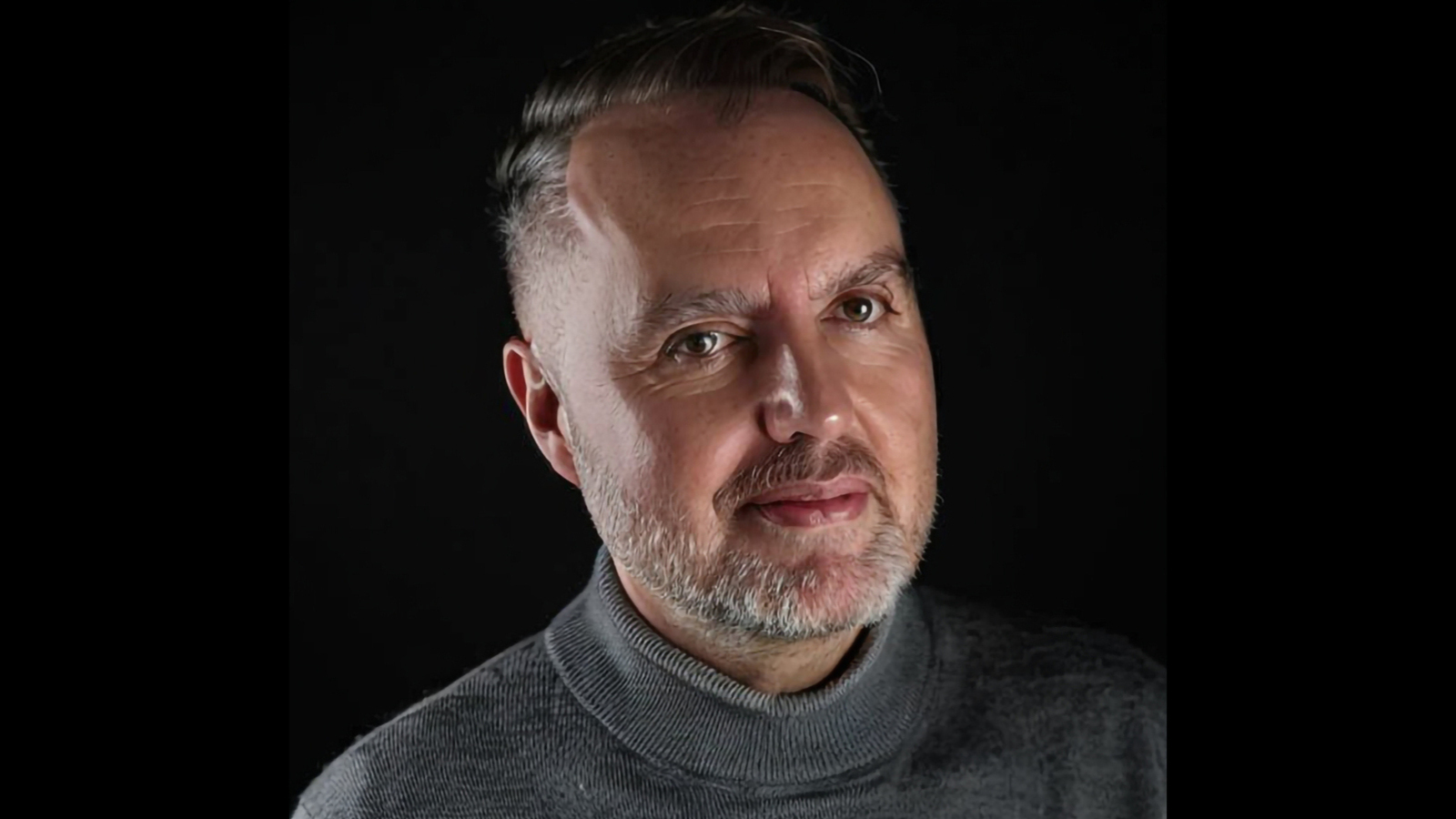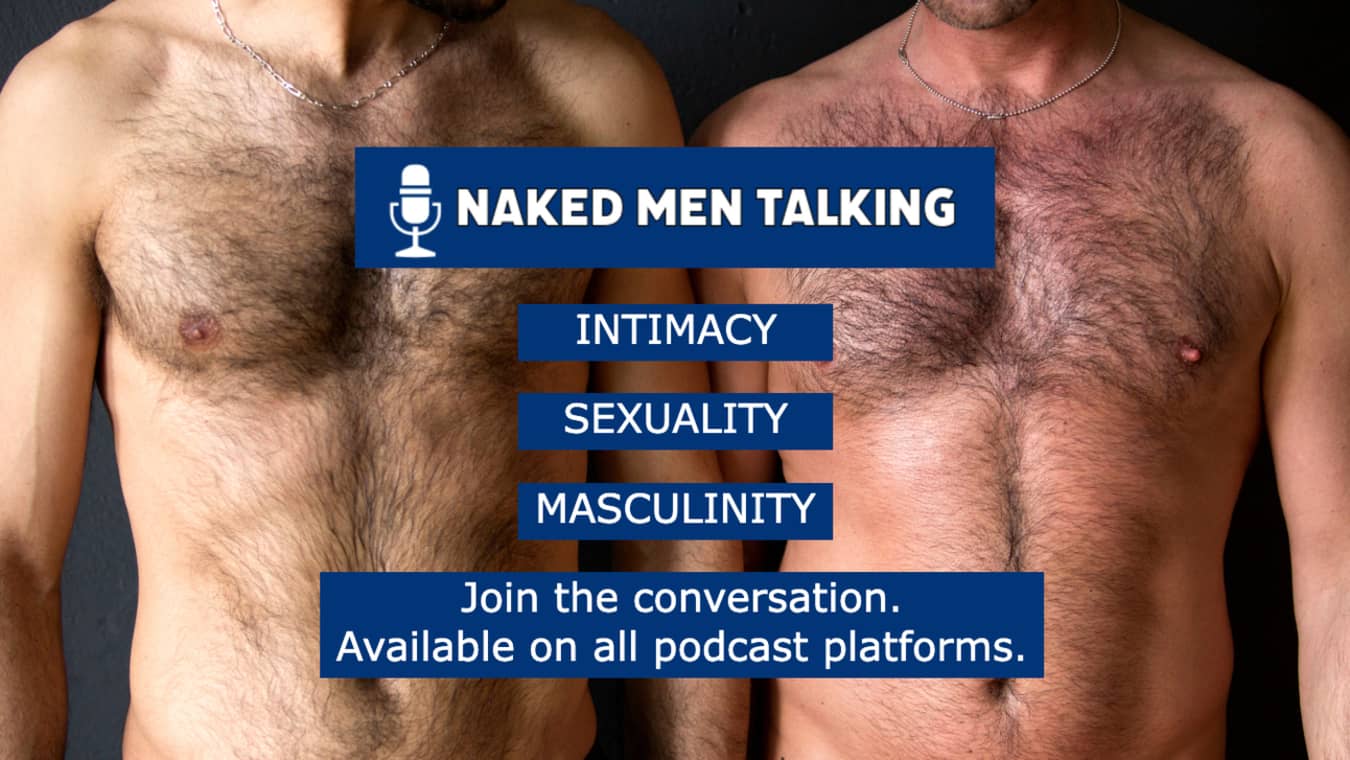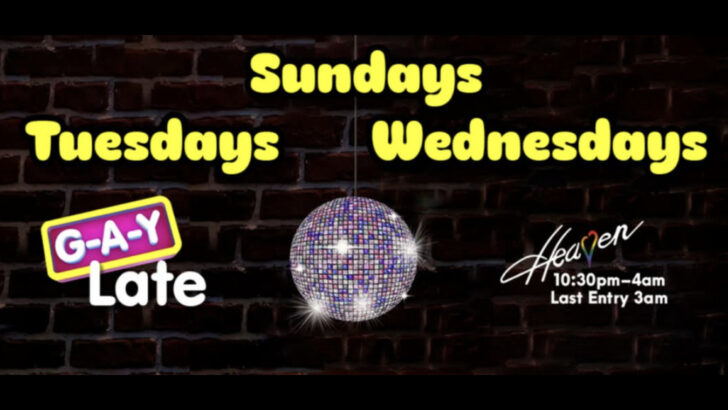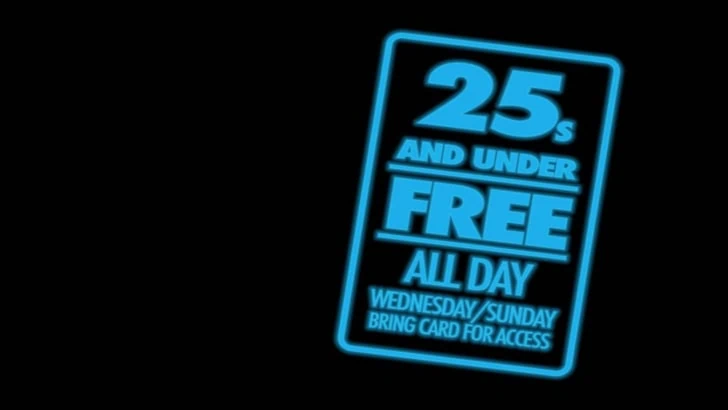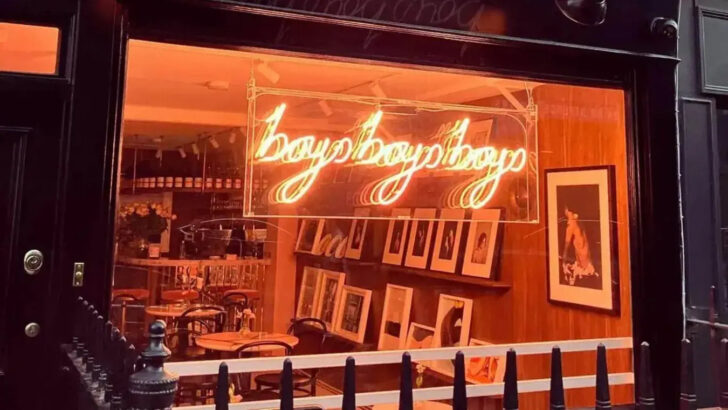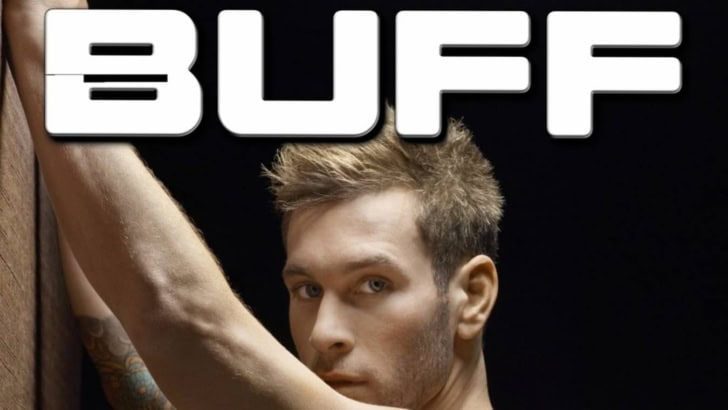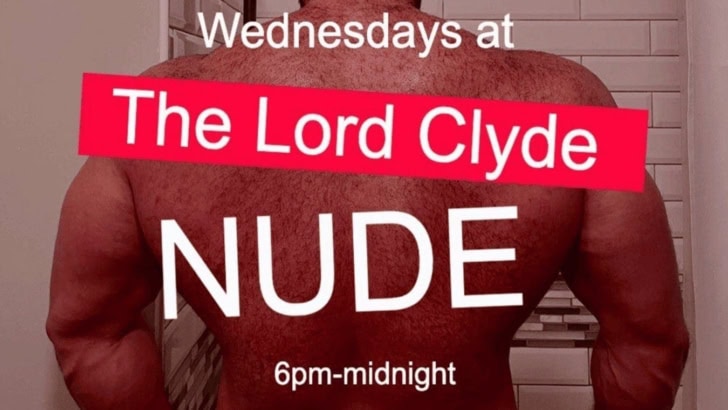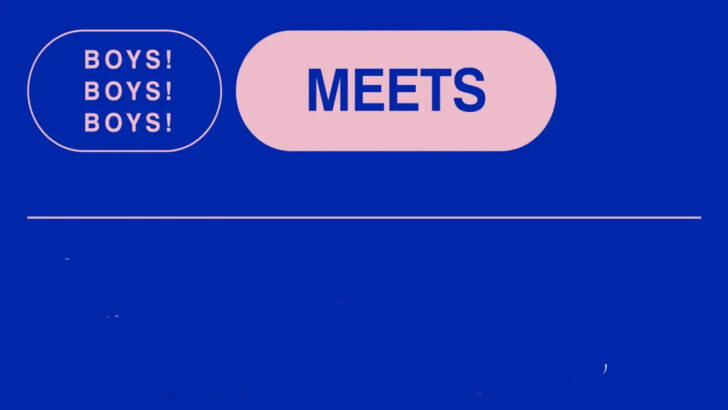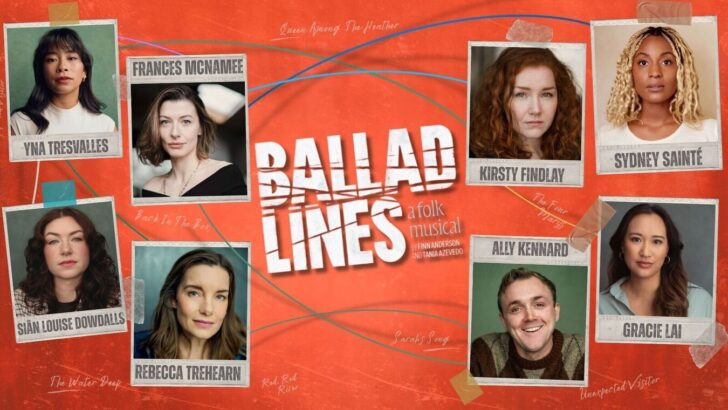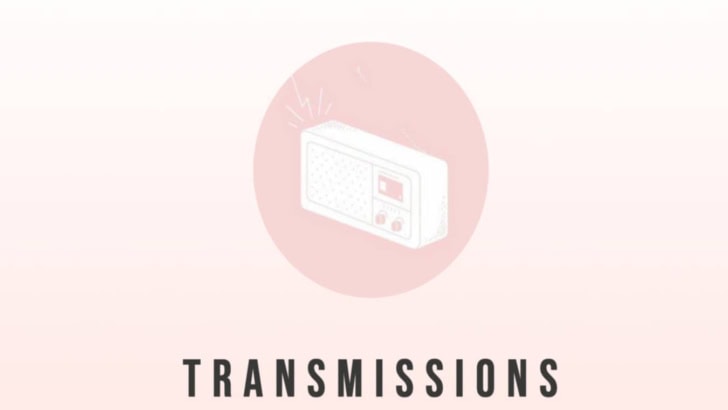I didn’t equate ‘poufter’ with homosexuality. At ten, I’m not sure anyone truly grasped what being gay meant, beyond it being something to mock. I certainly didn’t. The unease I felt was nameless, shapeless. Something different lay inside me, but there was no language for it yet. It just hovered, marking me out, vulnerable and visible.
School magnified my differences. Good at English, always top of the class in storytelling—this could have been celebrated, but instead became another reason for bullying. My refuge was fantastical worlds, far from the stark reality of PE lessons and playground taunts. Even that was policed. At eight, my teacher warned my parents that my stories were becoming ‘silly’ and ‘trite’. My reading habits—voracious and liberating—were seen as harmful. Enid Blyton’s magical adventures were confiscated, replaced with heavy classics intended for older boys. I hated those books. For years, that teacher extinguished my love for reading, though my passion for storytelling survived, smouldering quietly within me.
As an only child, I grew up alongside my younger cousin. We were brothers in everything but name, inseparable yet emotionally distant, as boys of our generation often were. It wasn’t a time to discuss feelings openly. When you’re figuring yourself out quietly, silence feels safer than words.
My family never explicitly rejected my sexuality, nor did they openly acknowledge it. When I married my husband in San Francisco—twenty years after we met—we kept it low-key, partly because he detests fuss, but mostly because I feared familial rejection disguised as polite excuses. My mother later surprised me by asking for a framed photo from the ceremony, suggesting she might have wanted to be there. Both my parents are gone now, and that imagined conversation about acceptance and love remains one of many I wish I’d had.
Despite this silence, I built a family of my choosing. True friendship, the kind that withstands distance and time, emerged in the form of a girl I met during my first week at college. Although I’ve become increasingly reclusive, whenever we reconnect, she behaves as if no time has passed—as if it’s been days rather than years since our last coffee date. She called a day or two before my mum’s funeral for details. I thanked her but insisted she didn’t need to come. Yet, that morning at the crematorium, she was there. She hugged me, and for a moment, the pain was lifted. Even with my beautiful husband standing beside me, it was her embrace that finally broke my stiff upper lip. Her unwavering friendship became my surrogate family, supporting the quieter, hidden parts of myself.
I wrote my novel, ‘Rainbows and Lollipops’, precisely because of these intricate, often unspoken bonds. It explores grief, loss, and the quiet strength of found families—those connections we form to complement or even challenge our birth families. Stories have always been my way of making sense of a world unwilling to offer clear answers. This novel allowed me to navigate the silent spaces between what is openly acknowledged and quietly accepted.
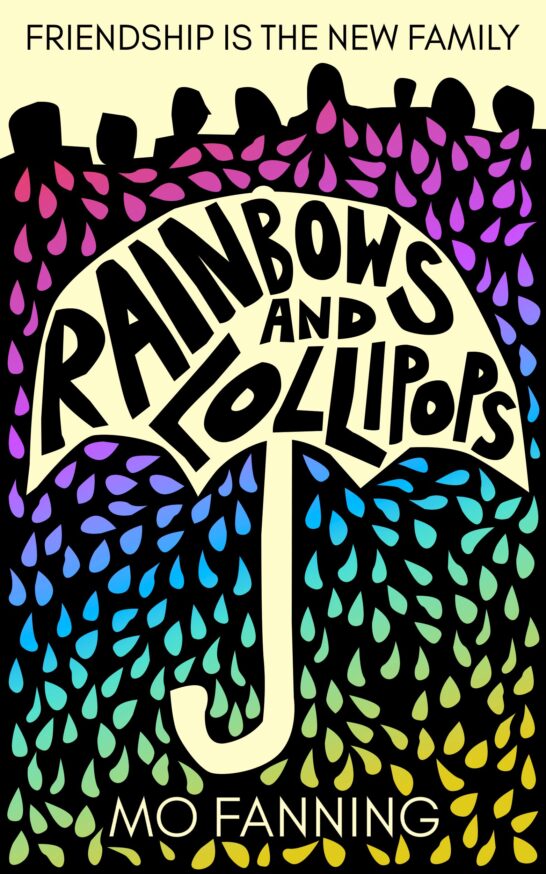
Today, representation in TV and film is more diverse than ever, but books remain uniquely essential. They offer mirrors into our lives, safe spaces where readers can see their truths reflected without leaving digital footprints or tangible evidence behind. Russell T Davies recently observed the rising hostility toward LGBTQ+ communities, describing it as an unprecedented wave of anger and resentment. His words highlight a reality many of us feel daily, reinforcing why this private reflection through literature remains so crucial.
Books uniquely afford us the ability to privately explore complex feelings, identities, and experiences without external judgement. While TV and films often leave digital footprints—browsing histories, watchlists, or streaming records—books can be quietly passed from hand to hand, hidden in backpacks or beneath pillows. They offer a sanctuary for readers grappling privately with their identities, allowing exploration in the safety of solitude, free from the gaze of others.
Trans people today are frequently being told they don’t exist, their very identities debated and denied. I grew up gay, being debated. Being told repeatedly, through slurs and subtle cues, that I was somehow dirty, wrong, or inherently worth less. That my ‘choices’ made me worthless. This insidious invalidation still echoes today in debates and political rhetoric, making the quiet sanctuary of books even more necessary.
This private relationship with books is especially crucial now when intolerance seems to gain fresh momentum every day. In schools, libraries, and even politics, diverse identities are increasingly targeted and debated, amplifying the need for quiet places of understanding and empathy. In this climate of heightened hostility and public scrutiny, books are not just entertainment—they’re lifelines, affirmations, silent allies.
As a young reader, I often found solace in the pages of a novel. These were spaces where I could safely explore the nuances of my feelings, experiences I barely understood myself, let alone could articulate openly. Stories gave me a place to belong, a reassurance that somewhere, someone else felt like me. Representation matters because it provides hope, validation, and the essential reminder that we are not alone.
My younger self would hardly believe I’ve made a career from the very thing that isolated me. The thing that terrible fun suck of a teacher tried to take away from eight-year-old me. Those whispered stories I once told myself now find readers who might recognise themselves in the silence. Novels remain critical, especially now, when the need for hidden mirrors and quiet sanctuaries is greater than ever. In this climate of growing hostility, these stories empower us, quietly affirming identities and gently reinforcing that, despite the darkness, our voices remain unextinguished.
Mo Fanning is a novelist and freelance communications consultant. His latest novel, Rainbows and Lollipops, is a tender, darkly funny story about grief, found family, and learning to live again. He writes character-led LGBTQ+ fiction with heart, humour, and honesty.
